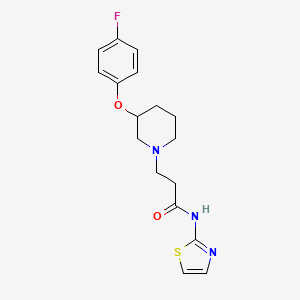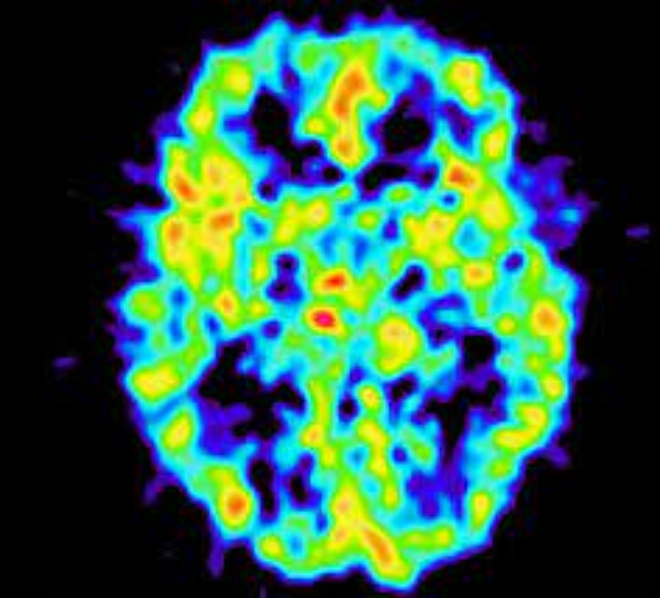|
Name: AB-FUBINACA (N-(1-amino-3-methyl-1-oxobutan-2-yl)-1-(4-fluorobenzyl)-1H-indazole-3-carboxamide)
Type: Synthetic cannabinoid
AKA: AB-FUBINACA, synthetic cannabinoids

|
|
II. Natural Derivative
Synthetic substance, no natural derivative
 |
|
III. Chemical Profile (IUPAC name)

|
|
IV. History
AB-FUBINACA is a synthetic cannabinoid first identified in the 2010s. It is part of a new generation of synthetic cannabinoids designed to mimic the effects of THC. AB-FUBINACA has been associated with severe adverse effects, including acute intoxication and fatalities. Its emergence highlights the ongoing challenges in regulating synthetic cannabinoids and preventing their misuse.

|
|
V. Legal Information
AB-FUBINACA, a synthetic cannabinoid, is regulated under analog laws in the US due to its potency and potential for abuse. Globally, its legal status is increasingly restrictive, with many countries implementing controls to address the issues associated with synthetic cannabinoids.
US Federal Schedule - I
Schedule I drugs, substances, or chemicals are defined as drugs with no currently accepted medical use and a high potential for abuse. Some examples of Schedule I drugs are: heroin, lysergic acid diethylamide (LSD), marijuana (cannabis), 3,4-methylenedioxymethamphetamine (ecstasy), methaqualone, and peyote.
Key US Federal Policies:
Controlled Substances Act. Public Law: Public Law 91-513 (text can be found on GovInfo) (https://www.dea.gov/drug-information/csa). Date enacted: October 27, 1970.
|
|
VI. Physical Effects
AB-FUBINACA, a synthetic cannabinoid, produces potent psychoactive effects. As an upper, it causes euphoria and altered perception. Short-term effects include anxiety and paranoia, while long-term use can lead to severe mental health issues. Overdose risks involve acute psychosis and cardiovascular problems. Safe use is difficult due to potency variability. Recent research highlights its high potency and associated risks, stressing the need for regulation and caution.  |
|
VII. Psychological Effects
AB-FUBINACA, a synthetic cannabinoid, binds to cannabinoid receptors, affecting mood and perception. Immediate effects include euphoria and altered sensory perception, while long-term use can cause anxiety, paranoia, and cognitive impairment. Effects last several hours, with recent research showing significant risks for severe mental health issues and dependence, emphasizing its high potency and unpredictable psychological effects.
 |
|
VIII. Culture
AB-Fubinaca is a synthetic cannabinoid with no historical lore, emerging in the 21st century. It is associated with the recreational drug market and has raised concerns due to its potency and health risks. Its cultural impact involves its role as a legal high and the associated safety issues. Proponents might discuss its effects, while opponents emphasize the dangers of synthetic cannabinoids and their legal status. Its use is primarily recreational.
 |
